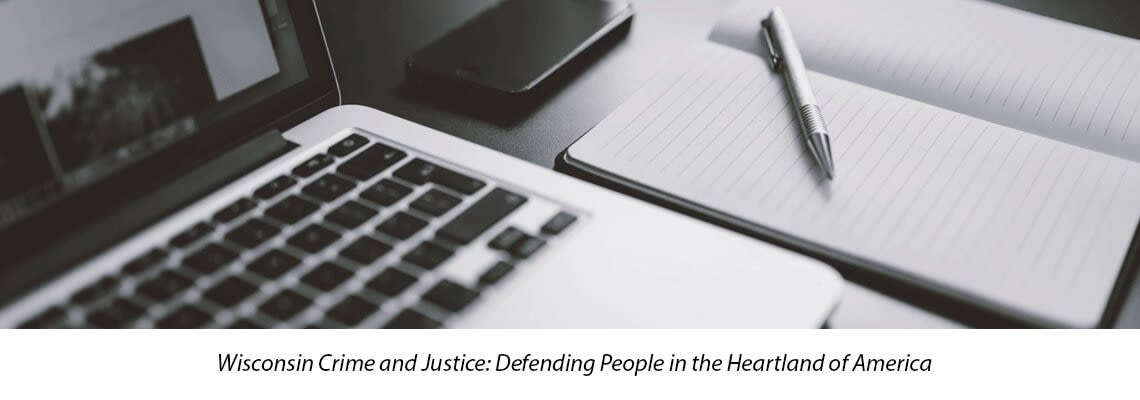
POLICE/CITIZEN ENCOUNTERS: SOMETHING’S GOTTA GIVE
As defense lawyers, we fight for our clients; that’s the heart of what we do. Most people think of us in trial, and while that is the purest and best-known cliché of the lawyer fighting for the client, in reality, most criminal cases resolve without a trial. Most cases resolve in plea agreements and proceed to sentencing hearings, where lawyers argue not over who-dunnit, but what-to-do-about-it. As advocates, much of a criminal defense attorney’s work involves finding mitigation and working it into a sentencing recommendation to the judge. At sentencing, the court must consider many factors, including the need to protect the public, which is discussed in every case. Members of the criminal justice system – prosecutors, defense attorneys, judges – often talk about this need to protect the public from the defendant.
What about the need to protect the public from those who are policing our communities? This is the question that continues to run through my mind with report after report of police killing African American men. With the deaths of Philando Castile and Alton Sterling yesterday, I along with much of the country was stunned and sickened. And it was compounded by reports of snipers killing five police officers in Dallas. I am among the masses who are now asking what do I do? What can I do?
As a white criminal defense attorney, I can’t – and don’t – pretend to understand how my African American clients feel during their confrontations with police when their dignity and liberty are violated. But I can listen, and I can translate their experience into action. There is great power in sincerely listening to a person’s story, and pursuing a challenge to unlawful police conduct. There is catharsis in that process for our clients, but it is limited. It’s limited by the prosecutors who ask why this motion is being filed, or who ask us if we are really going to go forward with the motion hearing. It’s limited by the police who routinely disregard state subpoenas to appear at these motion hearings to testify about their actions and cause cases to be delayed. It’s limited by the employers who won’t hire a client and the landlords who won’t rent an apartment to a client because he has an open criminal case. And it’s limited by the judges at all levels who continue to sanction questionable police conduct. On the other hand, the catharsis is strengthened by the prosecutors who don’t belittle clients and their attorneys who appropriately challenge this conduct. It’s also strengthened by judges who are courageous enough to rule that police lie, that police violate rights, and that police are out of line.
With that said, there are officers who respect the community members they police. We also encounter them in our cases. The killing of officers in Dallas last night is just as tragic and troublesome as the deaths of Philando Castile and Alton Sterling. The deaths of these officers solves nothing, and serves no purpose other than to further entrench those on each side of the debate. As negotiators know, this tactic does nothing but make it less likely that a mutually agreeable outcome can be achieved. To begin to solve these problems in our communities, we need to come together to open a dialogue and have both sides be receptive to ideas.
If our country doesn't come together as a community to address and correct this problem, I fear that we will descend into a carceral state where police will continue to be given more power over individuals. Individual liberty is the crux of our American values and it is enumerated in the 4th Amendment to the US Constitution. Individual liberty is being threatened by over incarceration of African American men, and their death at the hands of police. Ever since the US Supreme Court decision in Utah v. Strieff late last month, I can’t shake the concluding words of Justice Sotomayor’ powerful dissenting opinion:
We must not pretend that the countless people who are routinely targeted by police are “isolated.” They are the canaries in the coal mine whose deaths, civil and literal, warn us that no one can breathe in this atmosphere. They are the ones who recognize that unlawful police stops corrode all our civil liberties and threaten all our lives. Until their voices matter too, our justice system will continue to be anything but.
As a white female criminal defense attorney, the Black Lives Matter movement energizes me. I am motivated to challenge the police conduct that makes my stomach turn. I am motivated to protect the liberty of my fellow community members. I am motivated to continue working as a zealous advocate. I have the privilege of sharing these values with many other members of the criminal justice defense bar – I know that I am not alone.
